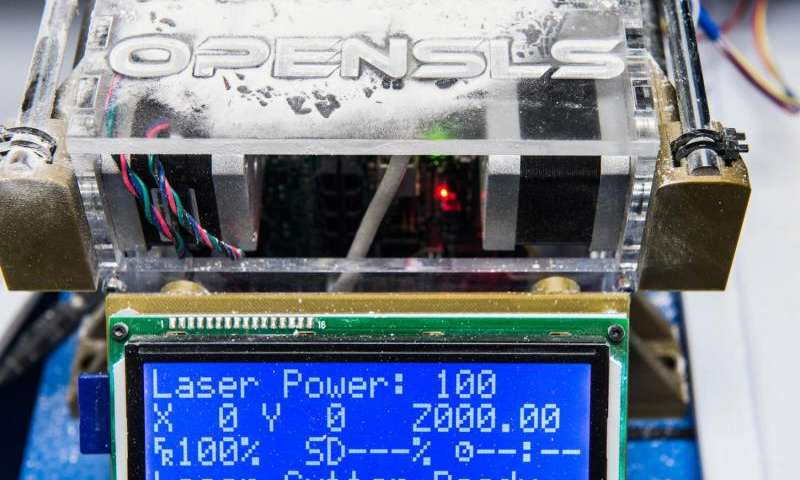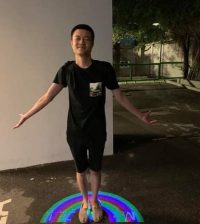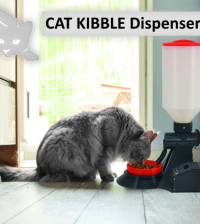- makeITcircular 2024 content launched – Part of Maker Faire Rome 2024Posted 2 weeks ago
- Application For Maker Faire Rome 2024: Deadline June 20thPosted 2 months ago
- Building a 3D Digital Clock with ArduinoPosted 7 months ago
- Creating a controller for Minecraft with realistic body movements using ArduinoPosted 7 months ago
- Snowflake with ArduinoPosted 8 months ago
- Holographic Christmas TreePosted 8 months ago
- Segstick: Build Your Own Self-Balancing Vehicle in Just 2 Days with ArduinoPosted 8 months ago
- ZSWatch: An Open-Source Smartwatch Project Based on the Zephyr Operating SystemPosted 9 months ago
- What is IoT and which devices to usePosted 9 months ago
- Maker Faire Rome Unveils Thrilling “Padel Smash Future” Pavilion for Sports EnthusiastsPosted 10 months ago
Bioengineers make open-source laser sintering printer for biomaterials fabrication 40x cheaper
Rice University bioengineering researchers have modified a commercial-grade CO2 laser cutter to create OpenSLS, an open-source, selective laser sintering platform that can print intricate 3-D objects from powdered plastics and biomaterials. The system costs at least 40 times less than its commercial counterparts and allows researchers to work with their own specialized powdered materials.
The design specs and performance of Rice’s OpenSLS platform, an open-source device similar to commercially available selective laser sintering (SLS) platforms, are described in an open-access paper published in PLOS ONE. OpenSLS, which was built using low-cost, open-source microcontrollers, cost less than $10,000 to build; commercial SLS platforms typically start around $400,000 and can cost up to $1 million.
“SLS technology has been around for more than 20 years, and it’s one of the only technologies for 3-D printing that has the ability to form objects with dramatic overhangs and bifurcations,” said study co-author Jordan Miller, an assistant professor of bioengineering at Rice who specializes in using 3-D printing for tissue engineering and regenerative medicine. “SLS technology is perfect for creating some of the complex shapes we use in our work, like the vascular networks of the liver and other organs.”

Source: Bioengineers make open-source laser sintering printer for biomaterials fabrication















